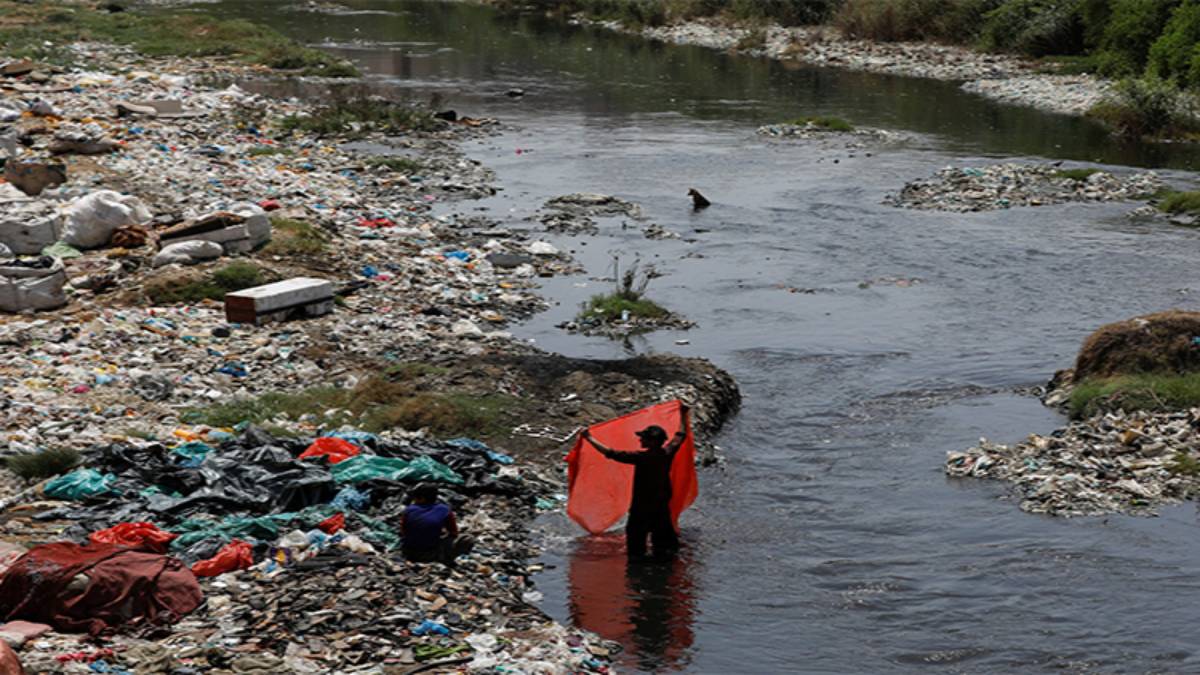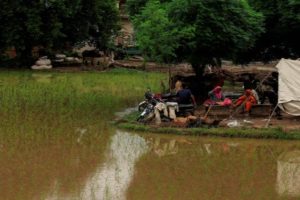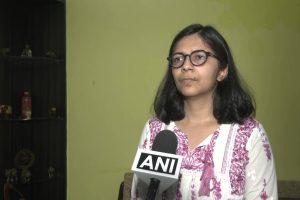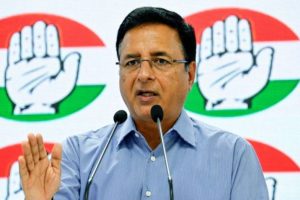As monsoon floods continue to wreak havoc across Pakistan, claiming over 280 lives and devastating infrastructure, the World Wide Fund for Nature (WWF)-Pakistan has warned that the crisis is being intensified by widespread plastic pollution and inadequate waste management, Dawn reported.
In a statement marking the conclusion of its “Plastic-Free July” campaign, WWF-Pakistan highlighted how plastic waste—particularly in urban areas—has choked drainage systems, causing prolonged waterlogging that damaged roads, bridges, and buildings.
“Plastic pollution is emerging as a critical threat in flood-hit regions,” the organisation said. “It blocks water flow, worsens flooding, and increases the risk of waterborne disease outbreaks, especially in areas with poor sanitation and waste management.”
Citing a report by the Organisation for Economic Cooperation and Development (OECD), Dawn noted that global plastic production surged from 234 million tonnes in 2000 to 460 million tonnes in 2019. WWF-Pakistan warned that this trajectory could escalate climate risks, degrade ecosystems, and trigger severe public health crises.
Hammad Naqi Khan, Director General of WWF-Pakistan, pointed out the multifaceted threats plastics pose. “They degrade into microplastics, contaminate freshwater sources, and reduce soil fertility. Plastics also significantly contribute to carbon emissions,” he said, adding that plastic pollution in the Indus River system reaches as far as the Arabian Sea, endangering aquatic biodiversity.
Khan also referenced alarming scientific findings that microplastics have been detected in human organs, including the placenta of newborns.
To counter the crisis, WWF-Pakistan has initiated multiple on-ground efforts. These include:
- Advocacy campaigns and beach cleanup drives across Pakistan’s coastline
- Training over 50 women in Karachi and Islamabad to upcycle hard-to-recycle plastics into sellable goods
- Retrieval of over 2,500 tons of plastic waste using a litter boom at the Karachi fish harbour
- Mapping of plastic leakage points along the Karachi coast
- Installation of Plastic Recovery Banks with segregated bins in five Karachi universities
WWF-Pakistan has also reiterated its call for a nationwide ban on single-use plastics, urging the public to switch to sustainable alternatives and strengthen waste segregation.
The organisation emphasized that without urgent reforms and public participation, plastic pollution will continue to magnify the impacts of climate change and natural disasters in Pakistan.





